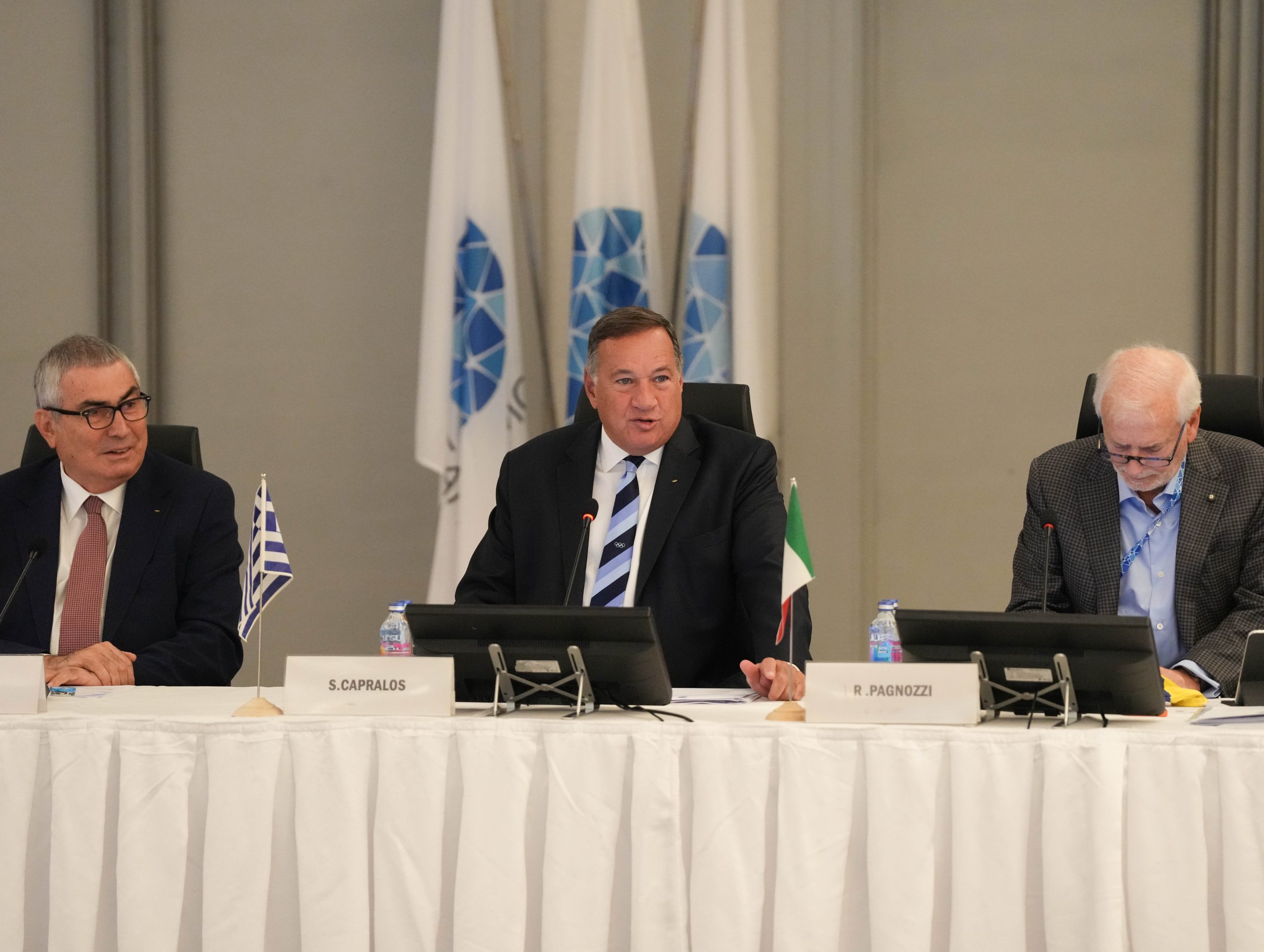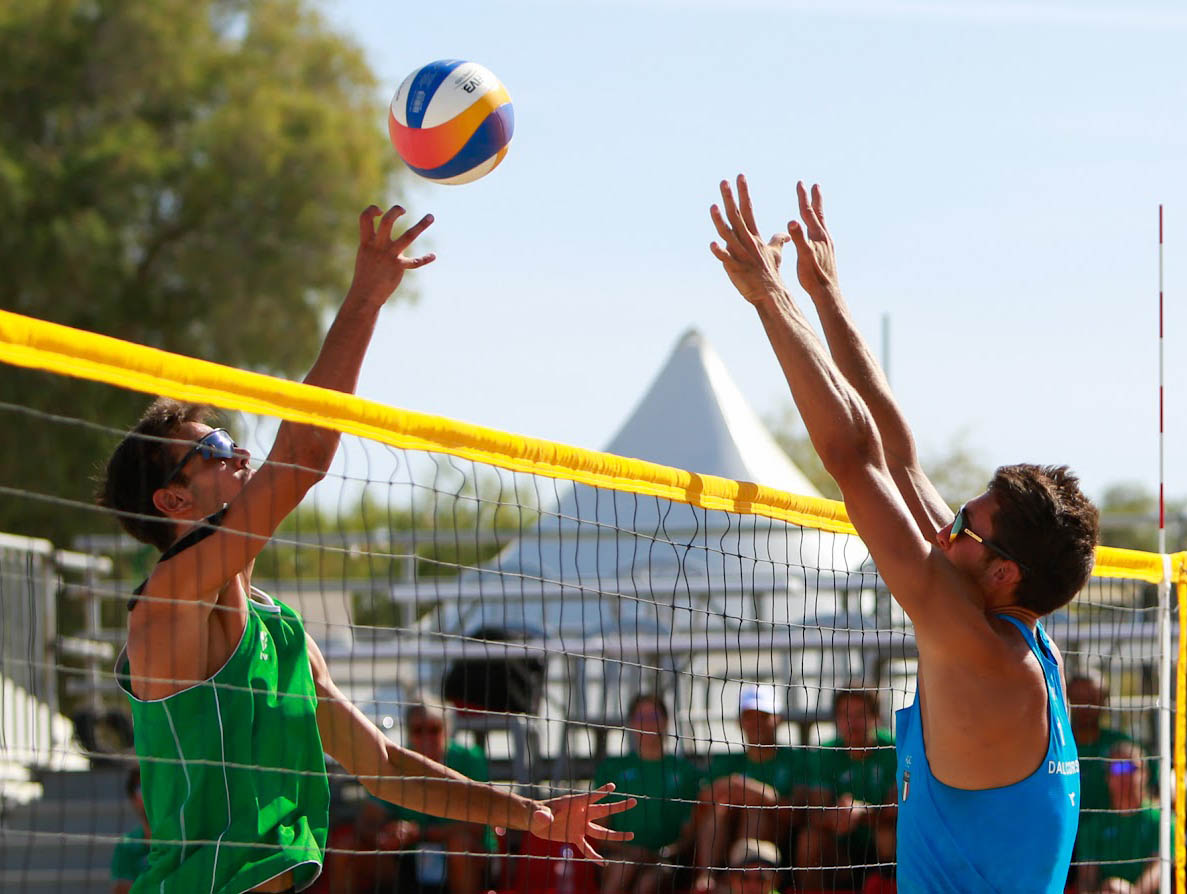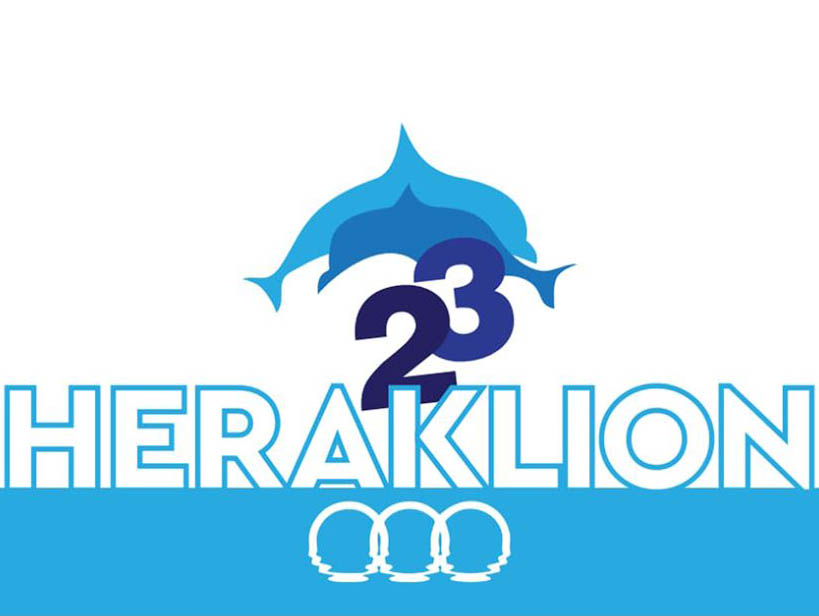1. Anti-doping Conference of the Sport Ministers and Sport Associations
On 20 March 2002 the Ministers of the European Union responsible for sport, representatives of the Olympic movement and the major sport associations met in Brussels in order to consult about measures for improving the common fight against doping. The Spanish Permanent Secretary for Sport, Juan Antonio Gomez Angulo, invited EU Commissioner Viviane Reding and the President of the International Olympic Committee, Dr Jacques Rogge, to this meeting.
For more cooperative work
In her speech that opened the meeting, Reding spoke of the necessary of cooperation between the local and regional authorities and the sport associations in the fight against doping. The international sport events taking place up to 2006 in Europe, such as the Commonwealth Games this year, the track and field world championship in 2003, the Olympic Summer Games in 2004, the Mediterranean Games in 2005, as well as the Olympic Winter Games and the Football World Cup in 2006 demand a joint effort not only in the area of organisation and security, but above all in anti-doping policy.
An even balance between repressive and preventive measures will have to be found. Among other things this will also involve thinking over the commercial components of international competitions, which exercise enormous pressure on the athletes and certainly strengthen the incentive toward prohibited performance enhancement, she said.
Initial results
There was agreement amongst the participants in the conference in relation to the necessity of practising a “zero tolerance policy” for doping. The sanctions against doping offenders should be thoroughly harmonised in the future, and prohibited substances should be fundamentally controlled. In addition, the participants expressed themselves in favour of the acceptance of a world-wide code on fighting doping.
Furthermore, the proposal of the Italian Deputy Permanent Secretary for Sport and President of the European Olympic Committee Mario Pescante to have an anti-doping action plan drawn up by a troika of sport ministers and sport movements was accepted. The background for this is the increased consumption of doping substances precisely by young people in schools and fitness studios.
(Information:
Within the framework of education and information, the European Commission and the International Olympic Committee are already carrying out a pilot project for the distribution of Olympic thinking to schools in Italy, France and The Netherlands. The European Year for Education through Sport in 2004 can also be used for preventive measures of doping explanations.)
Still no unity on the financing of WADA
One of the major themes of the conference was, as could be expected, the financing of the World Anti-Doping Agency, WADA. Already in advance differences of opinion had arisen in this respect, in particular between the German Minister of the Interior Otto Schily and the EU Commissioner Viviane Reding.
The EU Commission for its part had promoted the founding of WADA and also has already supported individual projects such as the passport for athletes. According to its own interpretation, however, the European Commission cannot make a contribution to the current budget of the Agency, since legal budgetary regulations prevent this. The financial gap in the budget of the WADA must therefore be balanced out by the national governments. The German Minister of the Interior has trouble with springing into the breach for the Commission and contributing a national share, particularly since the national budget for 2002 was decided long ago and does not provide for these additional resources (500,000 euros). As Schily emphasised, the Federal Republic of Germany is already spending 6.3 million euros for analysis and research on doping. The Germany Minister of the Interior declared himself ready, however, to make available transitional financial resources, to the extent that the Commission transmits a clear declaration in which it guarantees the future financing of the WADA through an own EU share. Otherwise the EU would have to give up its seat on the board of directors.
While the majority of the Member States are prepared to finance the current budget of the WADA from national resources, Denmark and Austria were on the same side as Schily.
Agreement on this question, for instance with the formulation that the national states take over the payments for the WADA, could not be reached by the conclusion of the conference. The delicate subject will therefore again be on the agenda for the next meetings of ministers in May.
IOC President Rogge expressed regret over the dispute about financing and demanded that the WADA be made “able to function as soon as possible”.
2. Recognition of Diplomas and Professional Qualifications
EU takes legal action against Italy
The European Commission is taking six Member States to court for violations of EU law in connection with the recognition of diplomas, professional degrees and the right to set up a professional business. Germany, France, Spain, Luxembourg, The Netherlands and Italy are affected by this.
Italy is being taken to court by the Commission because the implementation of Guideline 92/51/EEC concerning the general regulation for the recognition of proofs of professional qualifications has not yet been fully transposed.
In relation to the recognition of proofs of professional qualifications of professional athletes, trainers, technical directors, sport directors and fitness trainers, the Italian regulations do not correspond to the EU Guideline.
Commission proposes new guideline on the recognition of professional qualifications
The European Commission has put forward a proposed guideline which is meant to replace the current 15 guidelines on the recognition of professional qualifications. The proposal covers all regulated professions, and therefore also that of sport teachers. The regulations are meant to formulated more clearly and simplified; existing guarantees will remain in force and be further strengthened through new regulations. For the guideline proposal the Commission consulted with the people who are affected by it.
The objective is to make it easier for employees to cope with the guidelines. For this reason, in addition the proposal provides for establishing contact offices which will inform citizens in the Member States about questions regarding the recognition of professional qualifications and support them in becoming aware of their rights.
The proposal will now be submitted to the Council of Ministers and the European Parliament in the co-decision process.

















